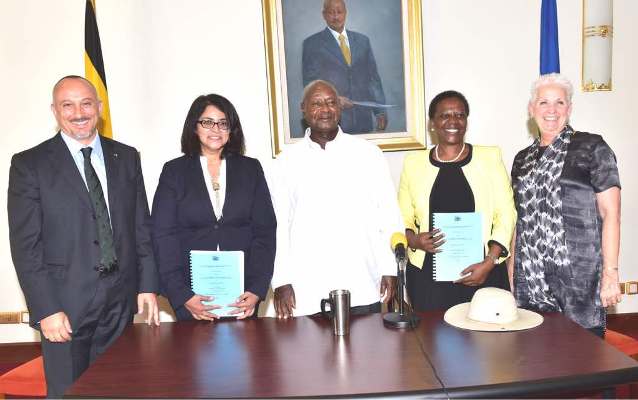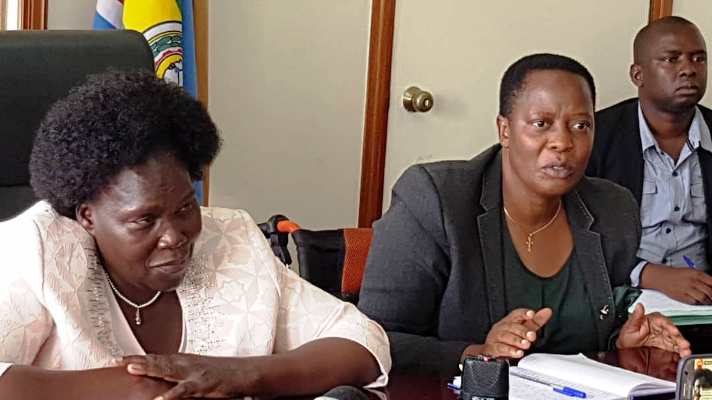Southern Africa is feeling the effects of climate change. The United Nations is reporting that prolonged droughts there and across the continent have led to food shortages, which will impact 45 million people.
Farming is prone to climate change as both livestock and crops are reactive to changes in temperatures and precipitation. And hunger is thriving in those countries exposed to climate extremes. In southern Africa, temperatures are rising at twice the global average. Low-lying regions are particularly susceptible, which is notable because Africa’s CO2 levels are comparatively small.
“We’ve had the worst drought in 35 years in central and western areas during the growing season,” said Margaret Malu, for the World Food Programme (WFP) in Africa. “We must meet the pressing emergency food and nutrition needs of millions of people, but also invest in building the resilience of those threatened by ever more frequent and severe droughts, floods and storms.”
Southern Africa has suffered from drought for several years. And just this year, it got hit with back-to-back cyclones, which caused flooding and damaged existing crops. The subsequent hunger crisis is hurting both urban and rural regions, causing economic devastation and large-scale cattle losses.
Six of the nine African countries hit by adverse weather are DR Congo, Malawi, Mozambique, Tanzania, Zambia and Zimbabwe. And the WFP says that the hunger period will peak from January through March 2020, when 59% of rural households, or more than 5.5 million people, will be “food insecure.”
To this end, WFP requires $173 million right away. The US Agency for International Development is investing $70 million in new agricultural biotechnology initiatives to address hunger across the world.
‘Existential Emergency’
According to the International Panel on Climate Change as well as the Global Change Institute at the University of the Witwatersrand in South Africa, temperatures in southern Africa could hit 5-6 degrees Celsius by century’s end based on global emissions. For context, the global community is trying to keep temperature increases to 2 degrees Celsius by mid-century.
“With the region so prone to shocks and afflicted by high rates of chronic hunger, inequality and structural poverty, climate change is an existential emergency which must be tackled with the utmost urgency”, said Robson Mutandi, IFAD Director for the Southern Africa Hub. “Governments have the biggest role to play, but we must all step up because it affects each and every one of us.”
The number of climate-related disasters, including extreme heat, droughts, floods and storms, has doubled since the early 1990s, says the UN, with an average of 213 of these events occurring every year during the period of 1990–2016.
If the warming trend in southern African continues, the result would be catastrophic, say climate scientists. Not only would heatwaves endanger human life but they would also kill economic growth: the succeeding droughts would deprive crops and cattle of the water they need. In fact, the lack of drinking water would pit people against wildlife, with both species relying on the same resources for survival.
A 2018 UN report says that the African continent now has 257 million undernourished people. Of those, 237 million are in sub-Saharan African and 20 million of them are in Northern Africa. Those numbers have spiked because of the prolonged droughts and the recent cyclones. Over the last ten years, in fact, climate-related disasters affected on average 16 million people and have caused billions of dollars in eco-damages.
“If we are to achieve a world without hunger and malnutrition in all its forms by 2030, it is imperative that we accelerate and scale up actions to strengthen the resilience and adaptive capacity of food systems and people’s livelihoods in response to climate variability and extremes,” the UN says.
It’s about giving people a chance to thrive, especially those who are enduring heat waves and hunger and whose countries’ CO2 releases are relatively minimal.
The whole world is experiencing the implications of climate change — everything from droughts to flooding to unusually high temperatures. But it is the low-lying nations that are most at risk: Southern Africa, specifically, is suffering from water and food shortages, which are worsening economic conditions.
For some, climate change is an abstract and something to worry about much later. For others, though, it is real and something that needs immediate attention.
Credit: Forbes





